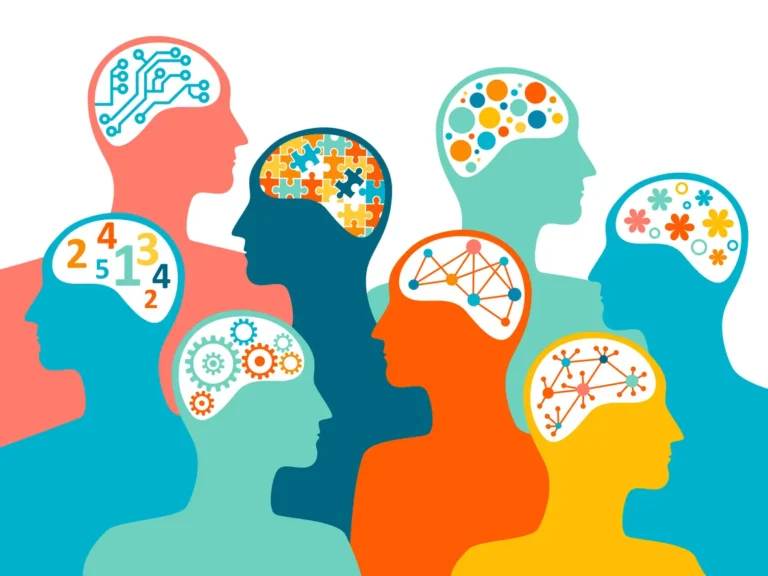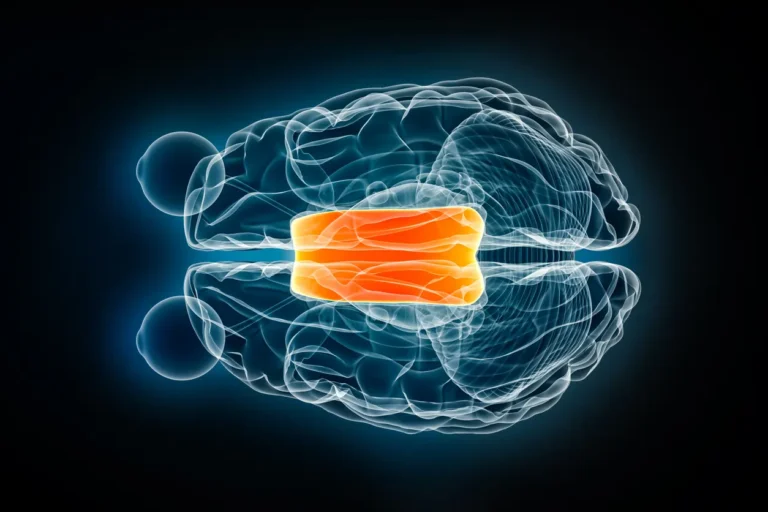Story at-a-glance Twice exceptional (2e) children have both giftedness and learning disabilities – These students possess advanced intellectual abilities alongside specific learning challenges, creating a complex and often misunderstood educational profile. Identification is particularly challenging – Giftedness can mask learning disabilities while learning disabilities can hide intellectual …
[Read more...] about The Gifted Child with Learning Disabilities: Twice Exceptional Students





